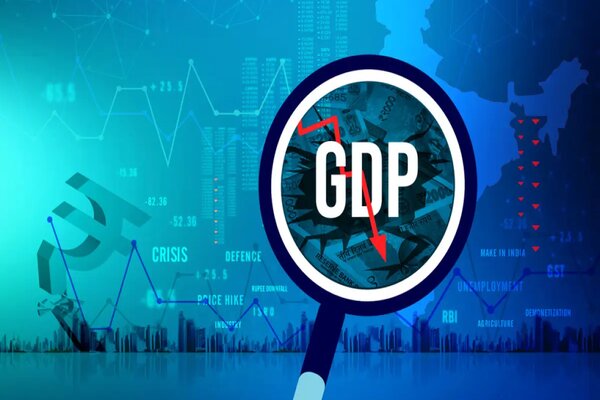According to a report by brokerage firm Emkay Investment Managers, the production-linked incentive (PLI) scheme of the Centre has the potential to generate additional revenues that would increase GDP by around 4%.
Over the following five years, the PLI plan hopes to offer incentives totaling about Rs. 2.4 lakh crore (US$ 30.36 billion), with the majority going to the industries of electronics, automotive components, and pharmaceuticals.
Due to the strong returns on investments, manufacturing companies are expanding their capacities, and the number of these businesses registered has increased to an all-time high in the past seven years, according to the report.
Manufacturing companies are adding capacities due to robust returns and this is evident from the number of new manufacturing companies registered.
Registration of manufacturing companies has shot up to the highest ever in the last seven years and the share of manufacturing companies in total registrations is also at almost the highest level in the past decade.
Also, the number of environmental clearances sought and granted was the highest ever in FY22, which was 10x of FY15, says the report and credits the same to the structural changes unveiled during 2018-21 which are reminiscent of the many such things that happened prior to the 2003-06 boom cycle.
The report said that domestic manufacturing was hit due to demonetisation, badly rolled out GST, and the pandemic apart from the missing consumer demand. As a result manufacturing companies have been reporting dismal ROCEs (return on capital employed) till FY18.
Since then the cash ROCEs have improved to almost 20 per cent driven by tighter working capital cycles and the cash return on capital employed was the highest in FY22.
The report goes on to add that the current difference between cash ROCE and comparable investment is one of the highest and the attractiveness of cash returns coupled with better capacity utilization has put manufacturers on the front foot.
On the demand side, the report notes that the consumer was missing in action since the note-ban which got further weakened by the lopsided implementation of GST, and then the pandemic. All these have also crimped jobs by the millions.



